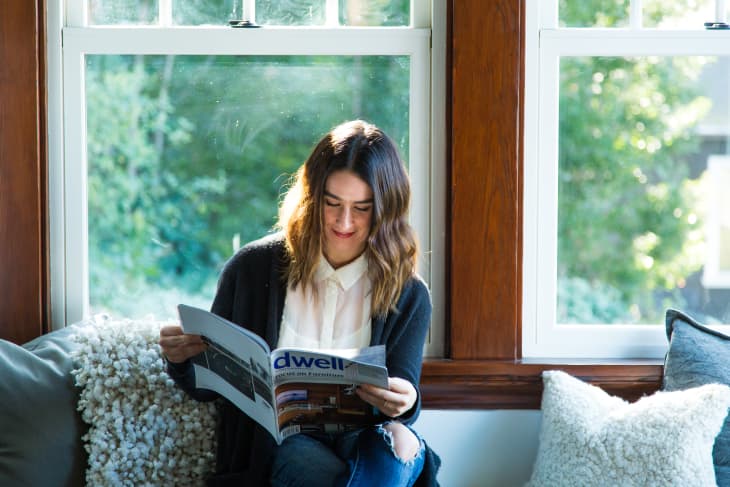Why You Should (Always) Have a Separate Savings Account for Your Down Payment

Saving up money is no easy feat, and a down payment on a home is not exactly a small amount to tally up, especially if you’re looking to buy a home in an expensive city. You could keep all your savings in one account, but having a separate savings account that’s dedicated solely to your home-buying journey can be a big help.
Keeping everything together can get confusing—and can lead to spending money that you should be holding onto—but having a separate place to save up for your down payment can pay off in the long run.
You’ll be less likely to use the money
The biggest reason to keep your down payment money in a separate savings account? It’ll be out of sight, out of mind. If you put the money you want to save aside in an account that you don’t use all the time, you’ll be less likely to use it. This works especially well if you have your savings account at a separate bank from your checking account—you won’t be able to transfer money back and forth as easily, and you won’t see your savings every time you check your account balance online.
You’ll earn interest (even a little bit helps)
Savings accounts don’t always have the highest interest rates (you can get up to 1.25 percent if you know where to look), so it’s not exactly going to yield much in comparison to investing, but when you’re saving, every little bit helps. Depending on the interest rate on your account and how much money you have saved, that interest can potentially add up to hundreds of dollars. The interest is a bonus to keeping your down payment money in its own savings account, but to make the most of it, you can shop around and find a new bank that has a higher interest rate—and that also helps keep your everyday accounts even more separate from the funds you’ve earmarked for your dream home.
It’s safer than investing
Investing your money is always an option, and some people find great success in doing so, but there’s no way to invest without some risk. Since stock prices fluctuate and anything can change at any moment, you could earn a lot of money, or you could lose a lot. And if you’re scrimping and saving to come up with the money for a down payment, that risk might be too much—even if the idea of growing your money sounds great. Savings accounts, like checking accounts, are insured by the FDIC (Federal Deposit Insurance Corporation) so they’re a safe place to keep your money.
Re-edited from a post originally published 1.11.2017 – TW